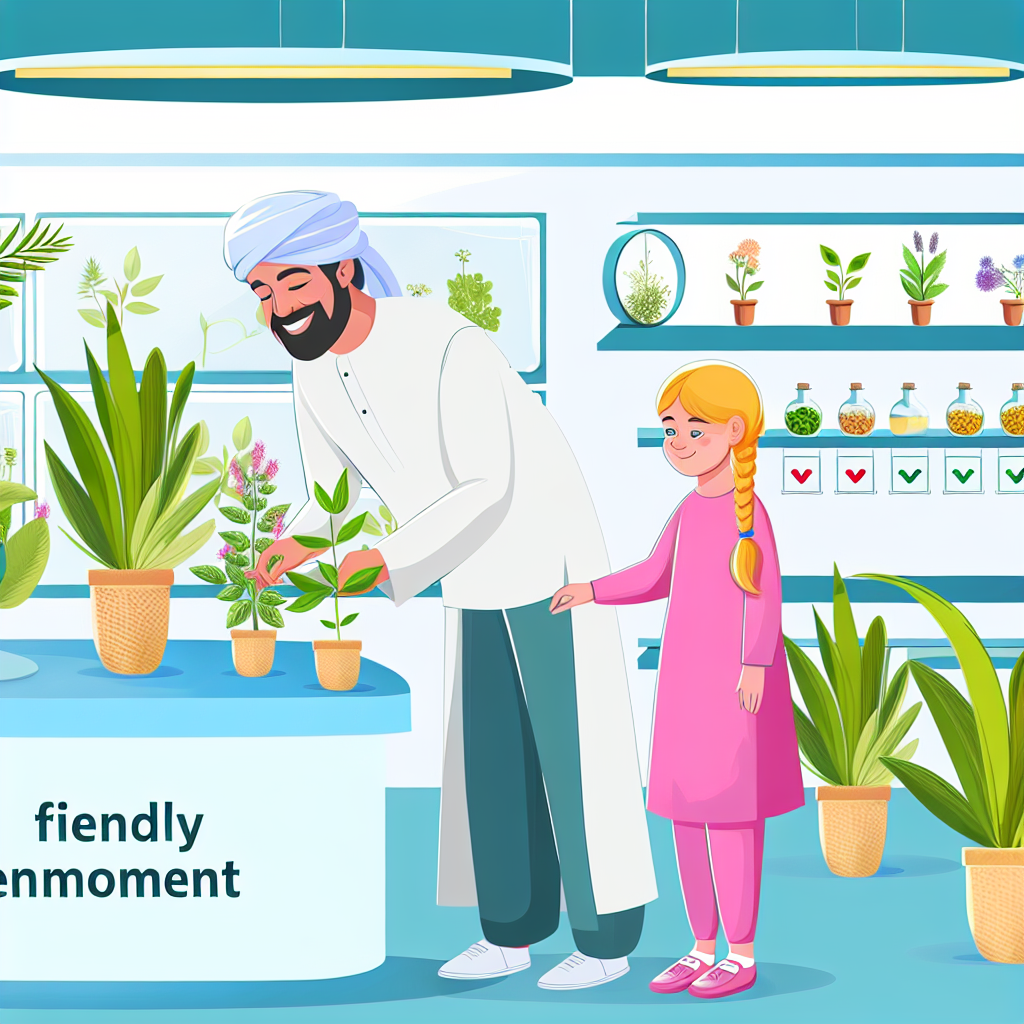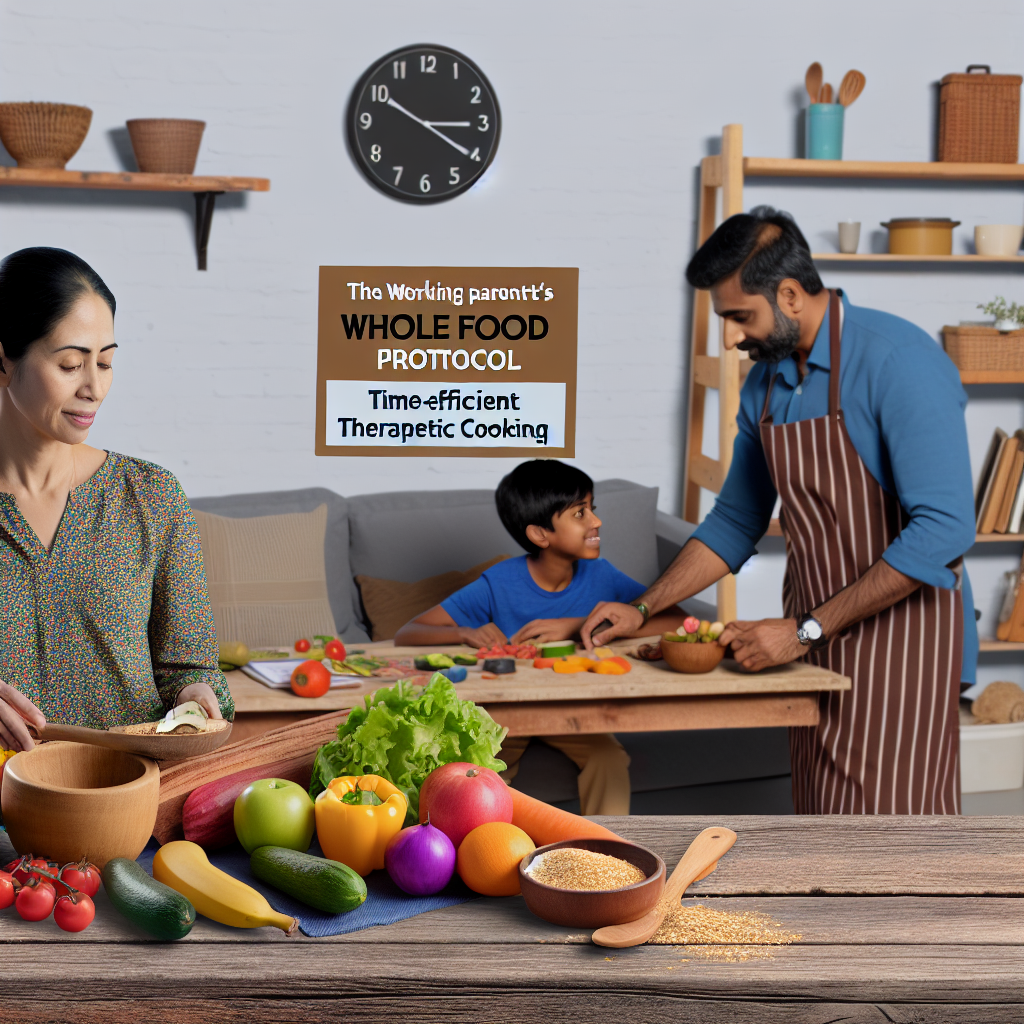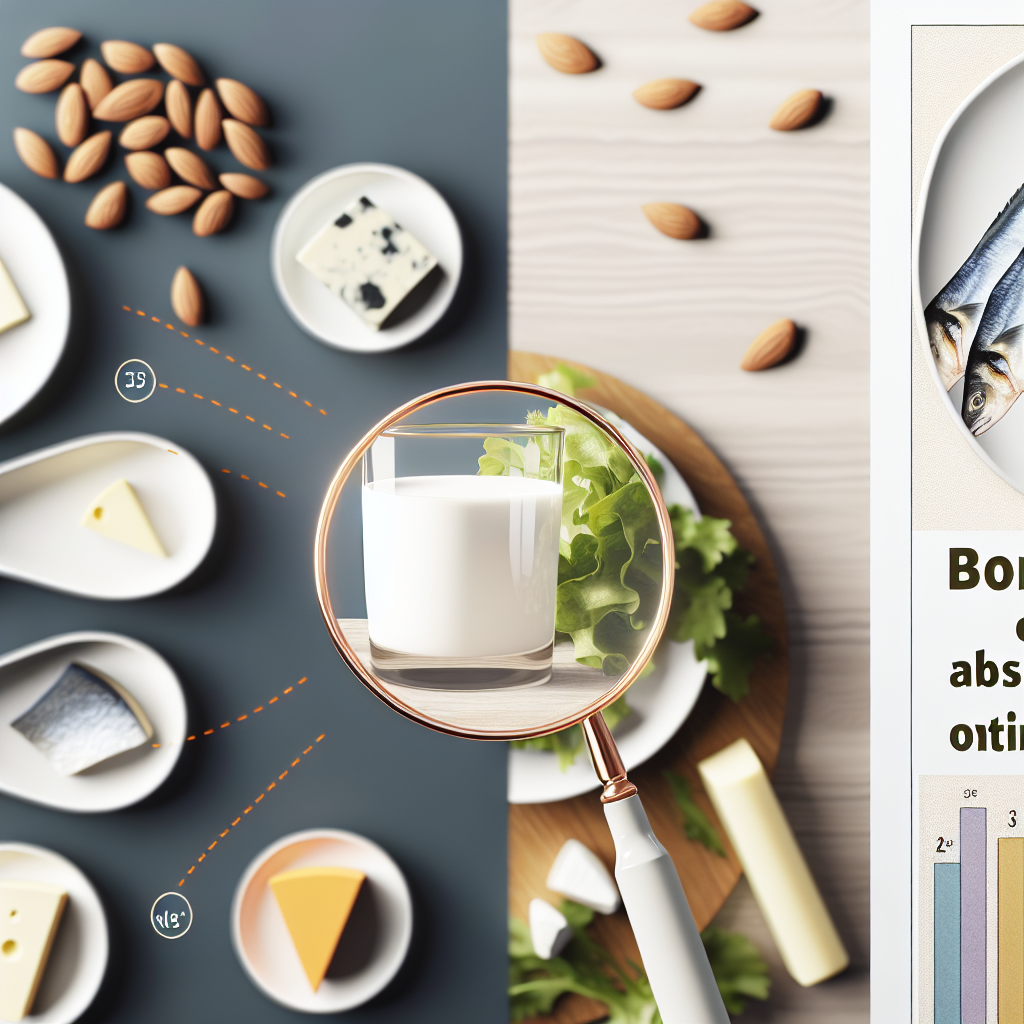Nightshade Elimination – Inflammation Reduction Guide
Introduction: Understanding Nightshades and Their Role in Inflammation
In the realm of natural healing and holistic well-being, inflammation remains one of the most critical underlying factors in chronic disease and daily discomfort. From persistent joint pain and arthritis to autoimmune diseases and digestive ailments, uncontrolled inflammation can severely impact overall health. While conventional medicine provides pharmaceutical interventions to control these issues, many health-conscious individuals pursue natural dietary modifications to reduce inflammation and sustain long-term wellness.
One increasingly popular approach is the elimination of nightshades from the diet. Nightshades, belonging to the Solanaceae family, include widely consumed vegetables such as tomatoes, potatoes, eggplants, bell peppers, and hot peppers. Despite their rich nutritional profile—high in vitamins, fiber, and antioxidants—nightshades contain chemical compounds that may trigger inflammation in certain individuals. The primary compounds of concern include alkaloids like solanine, tomatine, and capsaicin. These substances, which often serve protective functions in plants, can be inflammatory in susceptible people, particularly those with autoimmune disorders or sensitive gastrointestinal systems.
Alkaloids are believed to increase intestinal permeability—a condition popularly known as leaky gut syndrome. This allows undigested food particles and bacteria to escape the gut and enter the bloodstream, possibly sparking an immune response and contributing to systemic inflammation. Individuals with rheumatoid arthritis, lupus, psoriasis, or inflammatory bowel diseases like Crohn’s disease and ulcerative colitis may experience worsened symptoms due to nightshade consumption.
The practice of nightshade elimination is not about vilifying an entire vegetable group; rather, it is used as a diagnostic tool to uncover potential food sensitivities. Commonly, this approach consists of eliminating all nightshades for 30–90 days, followed by a structured reintroduction phase where symptoms are closely monitored.
By understanding the connection between nightshade vegetables and inflammation, you can make informed decisions about your diet. If you’re contending with chronic pain, recurring fatigue, or gut dysfunction, nightshade elimination could be the therapeutic nudge you need to begin healing holistically.
Scientific Research and Professional Observations on Nightshade Sensitivity and Inflammation
The popularity of nightshade elimination diets stems from mounting scientific interest, clinical experiences, and anecdotal evidence suggesting that certain plant-derived alkaloids may provoke inflammation. Though mainstream nutrition often characterizes nightshades as health-promoting due to their rich antioxidant and nutrient content, recent data reveal they could pose challenges for those with inflammatory sensitivities or autoimmune issues.
A focal point of this concern is the family of glycoalkaloids, especially solanine, commonly found in potatoes and eggplants. Research published in the journal
Toxicology Reports indicates that glycoalkaloids may disrupt intestinal integrity by interfering with cholesterol in cell membranes—contributing to increased gut permeability and potentially promoting low-grade inflammation systemically.
For those living with autoimmune conditions like rheumatoid arthritis (RA), anecdotal evidence has long linked nightshades to symptom flare-ups such as stiffness, swelling, and fatigue. A 1993 survey by Dr. Norman Childers—founder of the Arthritis Nightshades Research Foundation—reported that 70% of respondents noticed relief from arthritis symptoms after removing nightshades for several weeks. While this survey lacks the rigor of a clinical trial, it opened the door for further exploration into food-triggered inflammation.
Capsaicin, the spicy compound in chili peppers, also raises concerns. While it’s used to relieve pain topically, oral ingestion in sensitive individuals can be problematic. A study in the Journal of Clinical Gastroenterology (2000) showed that capsaicin worsened symptoms in people with irritable bowel syndrome (IBS), suggesting that inflammatory responses vary significantly based on consumption method and individual gut sensitivity.
In people with inflammatory bowel disease (IBD), including Crohn’s disease and ulcerative colitis, dietitians at integrative wellness clinics often recommend eliminating nightshades during flare-ups. Studies such as those discussed in the World Journal of Gastroenterology explore how natural food compounds, including nightshade alkaloids, may contribute to inflammation and gut imbalance in susceptible individuals.
Although more double-blind clinical studies are needed to formalize these connections, the trend is clear: bio-individuality plays a major role in how we process food. For some, nightshades may offer nutrients and protection from chronic disease; for others, they are hidden instigators of inflammation. The elimination diet, therefore, serves both as a healing protocol and a pathway to individualized nutrition.
Conclusion: Is Nightshade Elimination Right for You?
In today’s landscape of functional nutrition and natural health, eliminating nightshades offers a compelling and personalized approach to healing chronic inflammation and improving overall well-being. For individuals struggling with conditions like arthritis, autoimmune disease, or digestive disorders, this dietary shift could reveal how significantly certain foods impact their symptoms.
Removing nightshades from your meals for 30 to 90 days—combined with symptom tracking and a supervised reintroduction phase—can help determine your body’s tolerance level. Under the guidance of a holistic nutritionist, naturopath, or registered dietitian, many people report significant changes such as reduced joint pain, improved digestion, increased energy, and clearer skin.
Ultimately, the journey toward vibrant health is deeply personal. Nightshade elimination isn’t a universal solution—but for those whose bodies react adversely to these foods, it can be transformational. Even a temporary removal may offer vital insight into your own inflammation triggers. Use this strategy as both a proactive measure and a self-discovery tool on your wellness path.
References
– Glycoalkaloid toxicity: Solanine. Toxicology Reports. Retrieved from ScienceDirect
– The Role of Food Additives and Natural Compounds in Inflammatory Bowel Disease. World Journal of Gastroenterology. Retrieved from PubMed Central
– Capsaicin and Functional Gastrointestinal Disorders. Journal of Clinical Gastroenterology. Retrieved from Lippincott
– The Arthritis Nightshades Research Foundation. Survey results and research. Retrieved from ArthritisNightshades.org
For more health-conscious guides and natural wellness insights, visit us at www.foodade.com.
Concise Summary
Nightshade elimination is a targeted dietary protocol designed to reduce chronic inflammation by removing vegetables like tomatoes, potatoes, peppers, and eggplant. These foods contain natural alkaloids which may worsen conditions like arthritis, autoimmune disorders, or gut inflammation in sensitive individuals. Scientific literature and anecdotal evidence suggest that eliminating nightshades for 30–90 days, followed by reintroduction, can help identify inflammation triggers. This approach fosters personalized, anti-inflammatory living and supports the principles of bio-individuality and holistic healing. With careful monitoring and professional guidance, nightshade elimination is a powerful strategy to uncover hidden food sensitivities and improve overall wellness.

Dominic E. is a passionate filmmaker navigating the exciting intersection of art and science. By day, he delves into the complexities of the human body as a full-time medical writer, meticulously translating intricate medical concepts into accessible and engaging narratives. By night, he explores the boundless realm of cinematic storytelling, crafting narratives that evoke emotion and challenge perspectives.
Film Student and Full-time Medical Writer for ContentVendor.com




